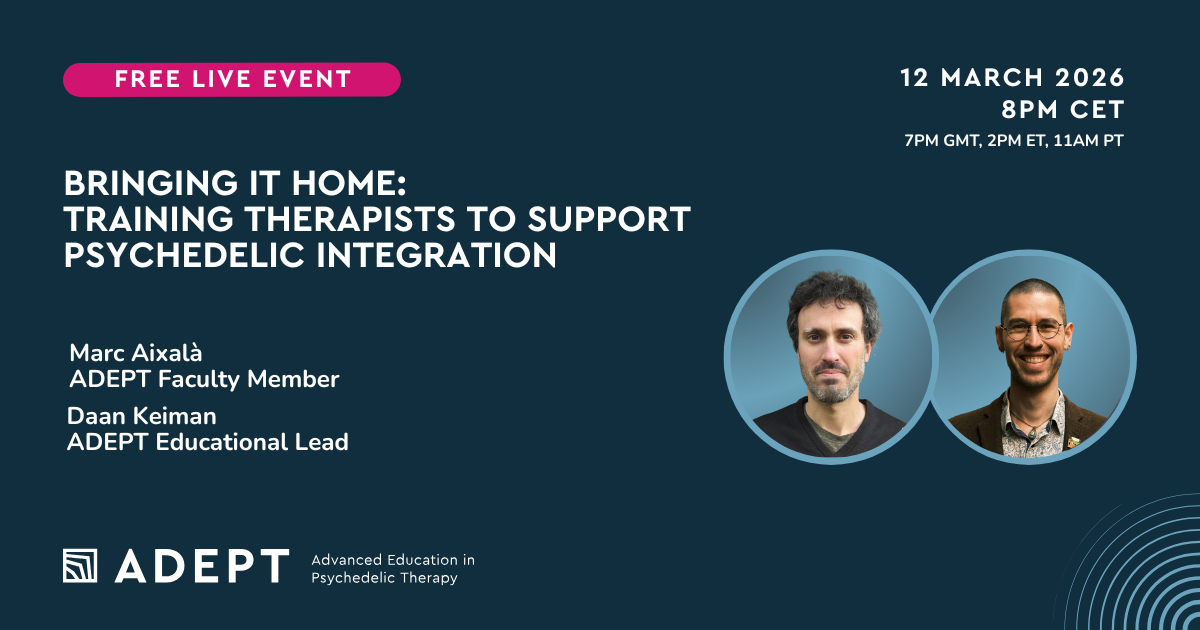Abstract
Recent attention to the monoamine oxidase inhibiting properties of Banisteriopsis caapi‘s harmala alkaloids has precluded a balanced assessment of B. caapi‘s overall significance to indigenous South American societies. Relatively little attention has been paid to the cultural contexts, local meanings and patterns of use of B. caapi among snuff-using societies, such as the Piaroa, who do not prepare decoctions containing N,N-dimethyltryptamine (DMT) admixtures. This article reviews the psychopharmacological literature on B. caapi in light of recent ethnographic work conducted among the Piaroa of southern Venezuela. Piaroa shamans use only B. caapi’s cambium, identify at least five distinct varieties of B. caapi, and emphasise the plant’s importance for heightening empathy. Some Piaroa people also attribute a range of extra-shamanic uses to B. caapi, including as a stimulant and hunting aid. In light of the psychopharmacological complexity of harmala alkaloids, and ethnographic evidence for a wide range of B. caapi uses, future research should reconsider B. caapi‘s cultural heritage and psychopharmacological potential as a stimulant and antidepressant-like substance.
Rodd, R. (2008). Reassessing the cultural and psychopharmacological significance of Banisteriopsis caapi: preparation, classification and use among the Piaroa of Southern Venezuela. Journal of psychoactive drugs, 40(3), 301-307. 10.1080/02791072.2008.10400645
Link to full text













